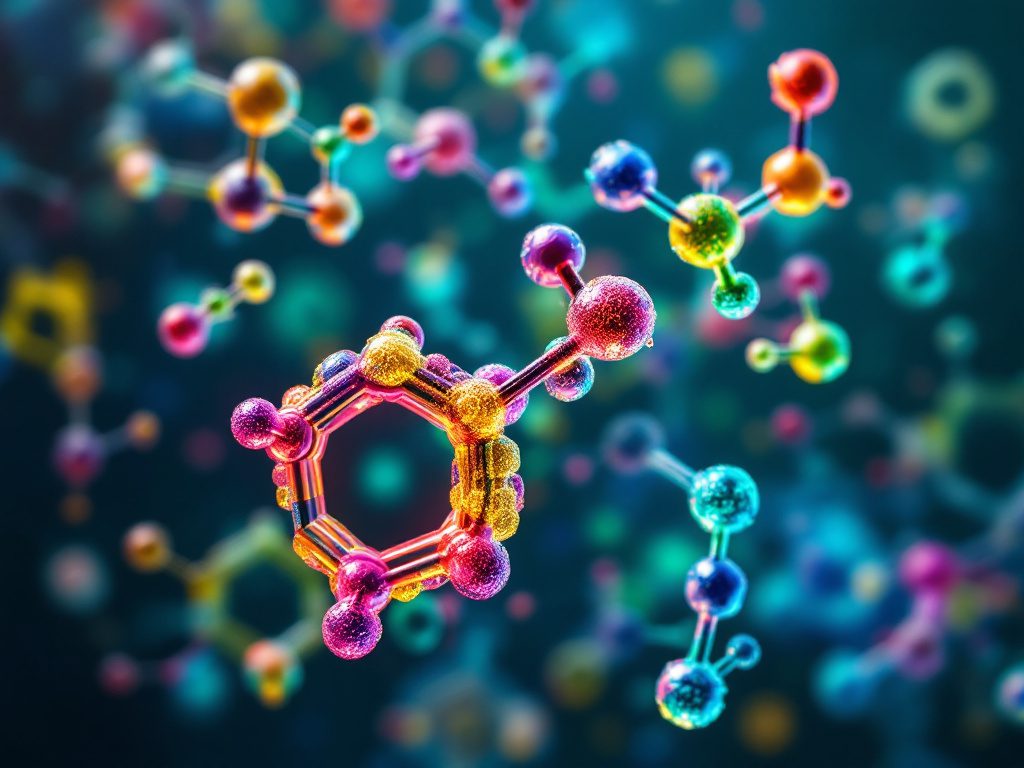Taurine is a naturally occurring amino acid that plays a crucial role in various physiological functions, including bile salt formation, eye health, and cardiovascular function. You may have seen taurine on the ingredient label of popular energy drinks such as Red Bull, which have gained immense popularity in recent years. However, emerging studies are beginning to link taurine consumption to leukemia tumor growth. This blog aims to explore this concerning development.
What is Taurine?

Taurine is a sulfonic acid that is often classified as an amino acid, though it does not fit the traditional definition of an amino acid. It is synthesized in the body from cysteine and methionine and is abundant in the brain, heart, and muscles. Taurine plays a significant role in several physiological processes, including the regulation of calcium levels in cells, modulation of neurotransmitters, and anti-inflammatory properties.
Taurine in Energy Drinks
Energy drinks have surged in popularity, especially among young adults and athletes, for their perceived benefits in enhancing physical mental performance. Some of the most recognized energy drinks, such as Red Bull, Monster, and Rockstar, prominently feature taurine as one of their major ingredients. Consumption statistics reveal that millions of Americans consume energy drinks regularly, raising urgent questions about the effects of these beverages on long-term health.
Recent Studies
Recent research has uncovered alarming links between taurine and leukemia tumor growth. A number of studies have suggested that high levels of taurine in the body can influence the growth and proliferation of cancer cells. One notable study published in a leading oncological journal indicated that taurine may activate specific pathways that promote tumor growth in leukemia. The researchers theorized that taurine could alter the environment of blood cells, encouraging the survival and reproduction of malignant cells.
Potential Health Risks
This emerging evidence highlights potential health risks associated with high taurine consumption, especially from energy drinks. While taurine is generally considered safe at normal dietary levels, excessive intake through energy drinks may present risks, particularly when combined with high caffeine and sugar content. The combined action of these substances could exacerbate underlying health conditions and even contribute to cardiovascular issues, anxiety, and sleep disturbances. Comparatively, while taurine seems to play a significant role in these health discussions, other substances in energy drinks, such as caffeine and sugar, require similar scrutiny for their potential contributions to adverse health outcomes.
Recommendations
Given the possible risks associated with the excessive consumption of taurine and other substances found in energy drinks, it is crucial to approach these beverages with caution. Here are a few recommendations:
- Limit the intake of energy drinks to avoid excessive consumption of taurine, caffeine, and sugar.
- Stay informed about ongoing health research related to energy drinks and their ingredients.
- Consider natural energy-boosting alternatives, such as green tea or regular physical activity.
Conclusion
In summary, the studies linking taurine in energy drinks to leukemia tumor growth underscore the need for caution in consumption. Though taurine has its physiological benefits, the potential risks highlighted through recent research should not be overlooked. It’s essential to remain informed and take a careful approach to energy drink consumption. If you or someone you know is frequently consuming energy drinks, it’s worth evaluating the potential health implications and considering moderation in their use.




